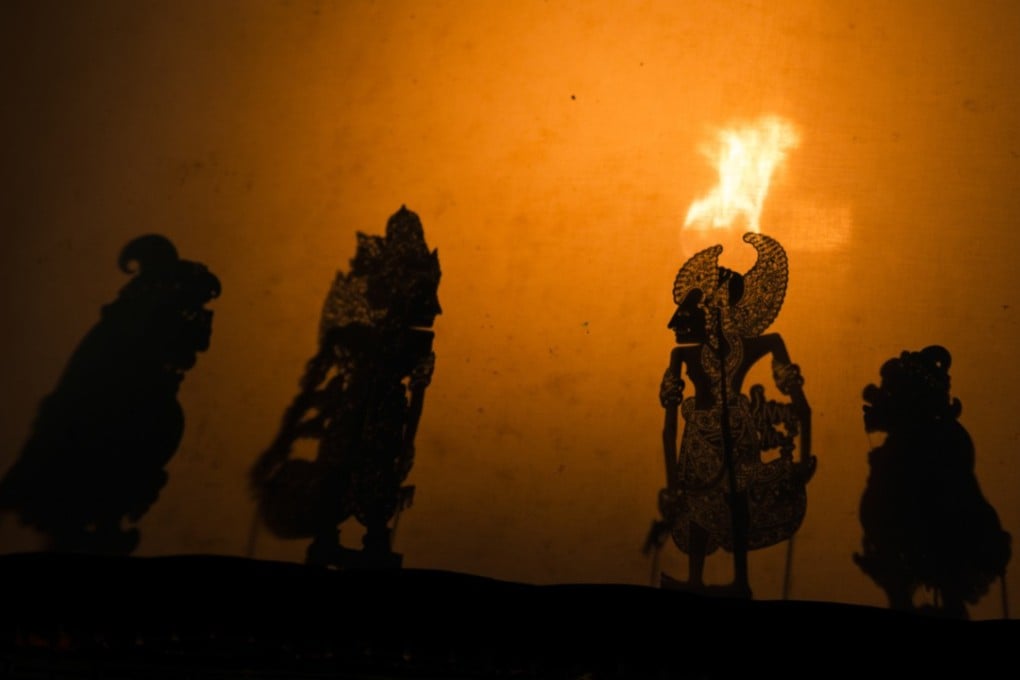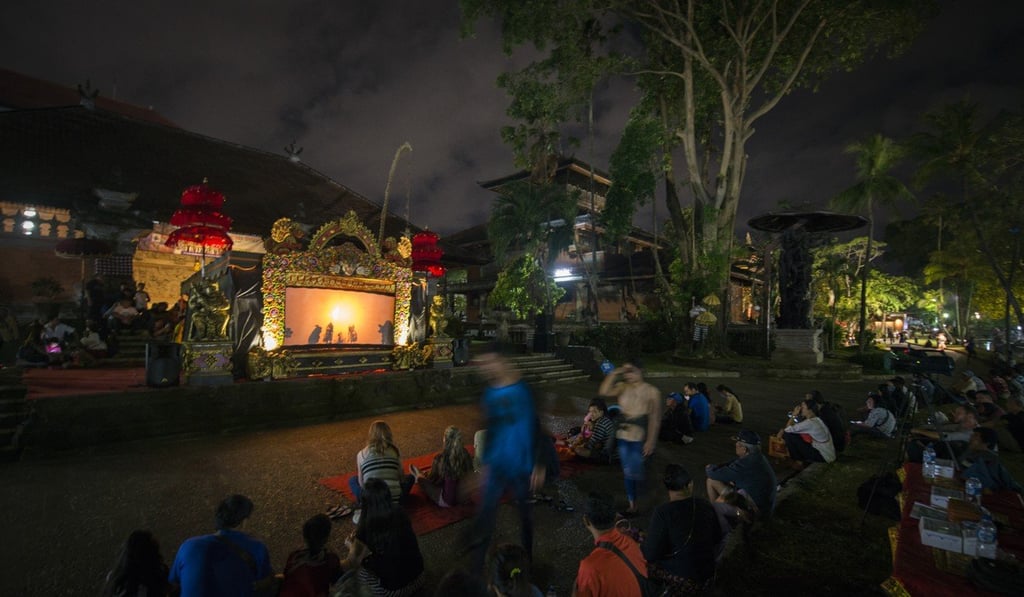Meet the shadow puppet master teaching Bali’s traditional art to younger generations
Made Lolen has dedicated himself to the ‘wayang kulit’ ever since seeing his first show in 1988. Now he is ensuring this enigmatic form of entertainment is passed down to those as captivated by the sights and sounds as he was

It is 8pm on a balmy evening in the Balinese village of Kerobokan and the road outside my house is blocked off by a small marquee surrounded by people. The gathered crowd – some 50 or so locals from the village – sits cross-legged in hushed silence, transfixed on the spectacle in front.
Wide-eyed youngsters and village elders alike look on in wonder as dark forms begin to flicker across a cloth screen, accompanied by the percussive clangs of a Balinese gamelan, a traditional orchestra ensemble. For the next couple of hours everyone is spellbound by one of Bali’s most enigmatic forms of entertainment: the wayang kulit, or shadow puppet show.

For small village performances like this, information is scarce. Wayang kulit performances are traditionally staged as part of important ceremonies such as Galungan (a major Hindu festival) or Metatah (the Balinese “tooth filing” ceremony). They bring to life the great Hindu epics of the Ramayana and Mahabharata – ancient Sanskrit texts that depict the exploits of the divine prince Rama and his wife Sita. A whole cast of supporting characters is involved, from gods and demons all the way down to lowly farmers and livestock.
The good, bad and ugly sides to Burning Man gathering
Made Lolen is a famous puppet master from the small village of Pejeng, just outside Bali’s cultural capital Ubud. Known as “Delolen” to his friends, the 44-year-old father of three, who teaches the art at a nearby school, is something of a legend around these parts and, as I discover when I meet him at his home, deeply committed to the advancement of wayang kulit.